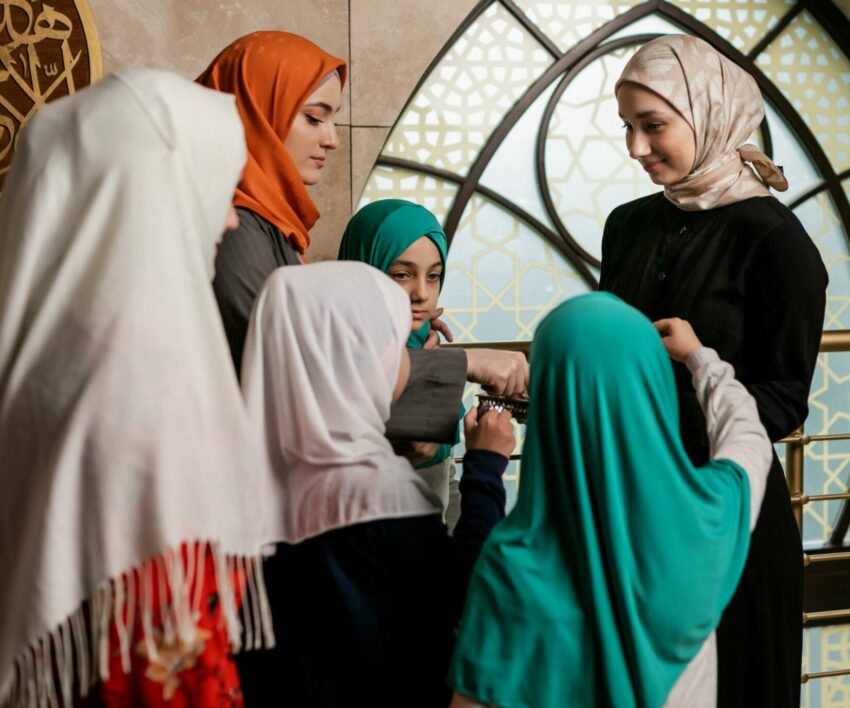
A parent’s job is that of a lifetime, there are no shortcuts through it and in the same manner, there is no wiring or right way to do it, you literally freestyle your way through parenthood until you find your beat.
As children grow, they adapt to their surroundings and exposures, not only what they witness at home but also what they experience in their lives outside the house. This then becomes a challenge when you as a parent are trying to implant a certain way of life in their minds, it sometimes gets lost in the mixture of what’s already there.
One of the most important lessons a child needs from a young age is the culture and values of their identity so that it grooms them until they are independent. So, how do you ensure this as a parent? Considering that the world has tremendously evolved and portrayed this ideal picture of how one must behave to be relevant, and unfortunately, young children are often victims of wanting to fit in.
The Smart Family publication states that parents play a crucial role in their children’s lives, as they often unconsciously entrain their actions. It is stated that the internet can be a valuable tool for teaching cultural values and ethics, as long as users are conscious.
“We need to know the page our youngsters are in. Sometimes, talking with them about the values in life and important principles to stand by, can go a long way. Maybe, a storytelling session or asking about their perceptions can be enough to start with. This way, you will be updated with your children’s lives and what kinds of ethics they have started developing.”
Modelling and moralising are two methods to teach values to family members, explains Better Up. The publication mentions that modelling involves teaching behaviours while manifesting them yourself, such as self-compassion and kindness, to your children.
“Moralizing means that you speak and explain values to your family. You need to sit down and walk them through the values you want to instil. You should still model those values to avoid conflicting information. For instance, avoid gossiping and speaking behind people’s backs if you value kindness and compassion.”
Family Lives advises that you encourage your children to share their upbringing and traditions with their peers to help them understand their cultural and racial backgrounds and grow up proud and aware of their cultural differences.
It is suggested that you also listen to their confusion and avoid defensiveness if they become attached to people from the same cultural or racial group.
Also see: Tips to sustain a healthy mother-daughter relationship




